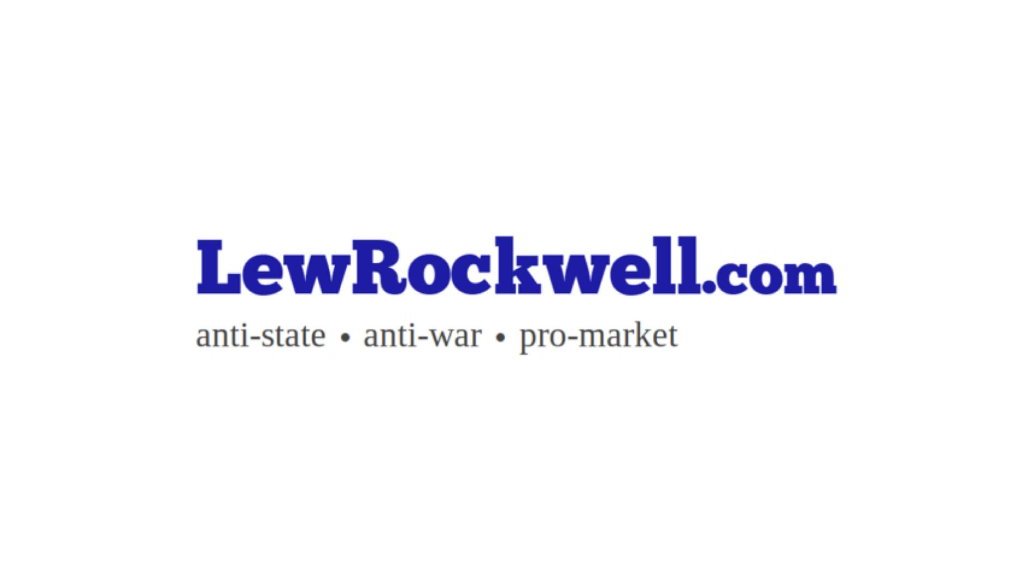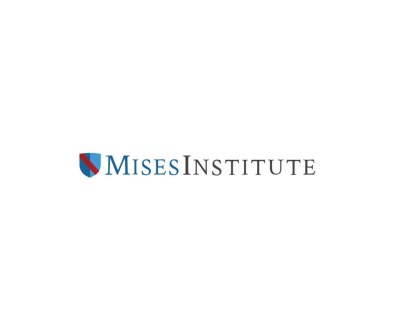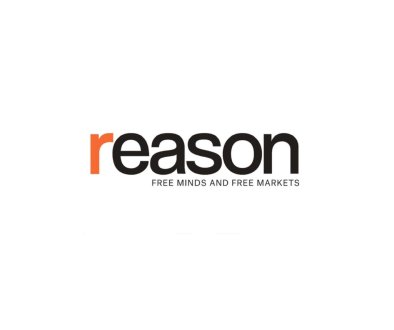Why Conservative Christians Oppose Marijuana Ballot Initiatives
Conservative, evangelical, and fundamentalist churches in Florida are rejoicing and thanking God that Amendment 3 on the Florida ballot to legalize the recreational use of marijuana was rejected by Florida voters. Although a majority of people in Florida did vote in favor of the amendment, it needed to receive a 60% supermajority to be approved.
The ballot summary of Amendment 3 read:
Allows adults 21 years or older to possess, purchase, or use marijuana products and marijuana accessories for non-medical personal consumption by smoking, ingestion, or otherwise; allows Medical Marijuana Treatment Centers, and other state licensed entities, to acquire, cultivate, process, manufacture, sell, and distribute such products and accessories. Applies to Florida law; does not change, or immunize violations of, federal law. Establishes possession limits for personal use. Allows consistent legislation. Defines terms. Provides effective date.
Florida voters approved legalizing medical marijuana in 2016 after rejecting it the first time it was on the ballot.
More than 140 measures appeared on state ballots alongside races for president and top state offices. In addition to Florida, recreational marijuana was on the ballot in North and South Dakota for the third time but failed to pass. In Nebraska, voters approved the legalization of the medical use of marijuana.
This means that the recreational use of marijuana remains legal in 24 states and the District of Columbia
Article from LewRockwell

LewRockwell.com is a libertarian website that publishes articles, essays, and blog posts advocating for minimal government, free markets, and individual liberty. The site was founded by Lew Rockwell, an American libertarian political commentator, activist, and former congressional staffer. The website often features content that is critical of mainstream politics, state intervention, and foreign policy, among other topics. It is a platform frequently used to disseminate Austrian economics, a school of economic thought that is popular among some libertarians.




